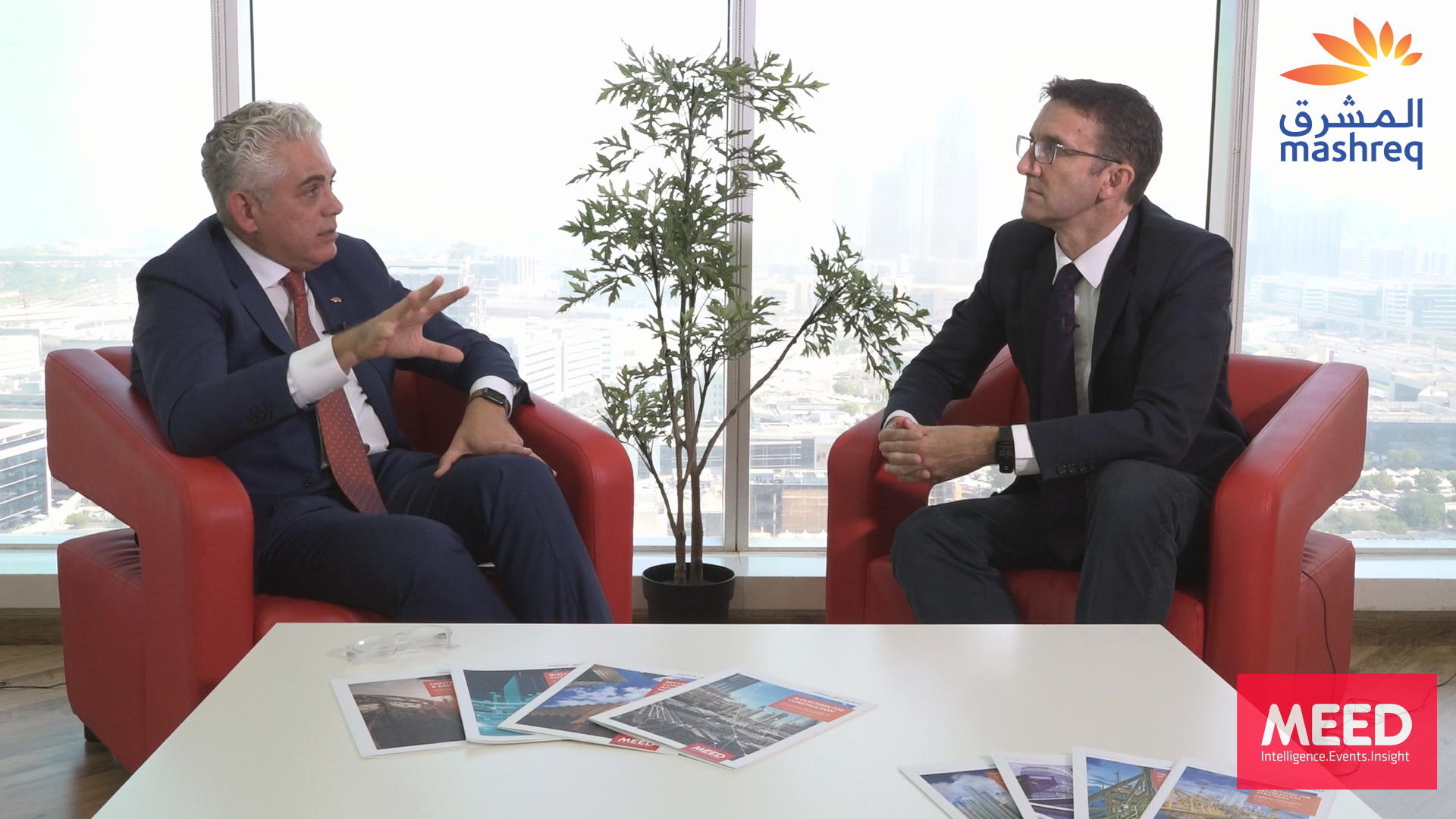MARKET TALK: Supporting business continuity during the crisis

Banks and project owners must be flexible to prevent the Covid-19 pandemic leaving long-term economic damage in its trail
Q&A with Mohammad Khader Al-Shouli, Executive Vice President, Global Head of Contracting Finance, Corporate & Investment Banking Group, Mashreq Bank
 How is the coronavirus (Covid-19) pandemic affecting business in the region?
How is the coronavirus (Covid-19) pandemic affecting business in the region?
“Everybody is still figuring out what the real impact of it is, and how we are going to approach it. There are segments that are really getting stressed simply because of dependency on either labour or imports from highly infected countries that are a source of supplies.
As a bank, we are trying to understand each segment, its disruptors and how we can support these industries.
“We break it down into the segments. We reach out to our customers. We look at how their cashflow is functioning. If they require that cash flow to be extended, we will consider that positively.
We will work with them to provide that support to overcome the delays that are happening.
WATCH THE FULL INTERVIEW HERE

“If you look at the construction industry, the two biggest elements of a contract are labour and supply chain. Labour is so binary. Either you have the labour or you don’t have the labour. You cannot have part of that labour coming in. The labour cannot really work virtually. They need to be onsite. So one risk that we need to really be cognisant of is labour. If for any reason they need to be quarantined, we know that this site will not progress for that period of time on that part of the work. So that is an immediate delay for the project.”
The impact of the Covid-19 pandemic is something that is not only hitting you. It is hitting all of us and we need to collaborate to come out of it as safe and as whole as possible
How does that affect the bank’s relationship with its borrowers?
“We will be flexible. We want projects to be completed. At the end of a project, we want the pay master, the owner of the project, to receive the project that they want. We want the contractor to get paid for what they did. And we want the bank’s exposures to be settled.
“If in the normal situation, a contract was supposed to be, say 24 months, but due to this hardship, it will have to take longer, we are assuming that the owners will understand that. So, there will be extensions of time onto those contracts. The contractors will be able to manage a different execution plan. And the bank will understand this and will facilitate that increase in tenor.
“These conversations happen day in, day out. It is the mood that is around this conversation that I believe is going to change.
“My recommendation to a lot of the companies out there is to reach out immediately to your financing partner if you are under stress. Your financing partners are out there to help and support and we will listen, we will accommodate, we will adapt. The impact of the Covid-19 pandemic is something that is not only hitting you. It is hitting all of us and we need to collaborate to come out of it as safe and as whole as possible.”
I believe we will come out of this situation as a more coherently functioning industry, having learned from this forced disruption
What will the impact be on credit and the financing of business?
“Banks lend into economic activities. If the economic activities reduce, bank lending will reduce with it. Mashreq will not ignore any space within these activities. We will cater to each sector based on its requirement. We expect the tenure of credit will increase, but we will not see new instruments if there are no new projects in the market.
“Looking at existing debt, the rundown of existing debt due to the disruption will take longer than planned originally, after which it will be replaced by new debt correlating with increased activity. It is too soon to be decisive on what is going to happen, but we should all focus on supporting the economy, and ourselves, and getting through this situation.
“The main focus today is supporting our customers. I believe we will come out of this situation as a more coherently functioning industry, having learned from this forced disruption.”
Do you think that this might have a permanent transformational effect?
“There are a lot of solutions that need to be adopted. We need to consider them. It allows us to free resources. For us to prosper, we need to be able to use the same resources that we have more efficiently.
“One direct outcome from this crisis is the high consideration of technology into all industries. And the construction industry requires a very focused approach into how you’re going to use the technology to take it forward. We have been lagging for a very long time. There is not enough profit or income from the projects for those companies to invest into technologies. We need to reconsider this again, so we will be able to mitigate such risks if a crisis happens to us in the future. That’s what I believe we should focus on.”


